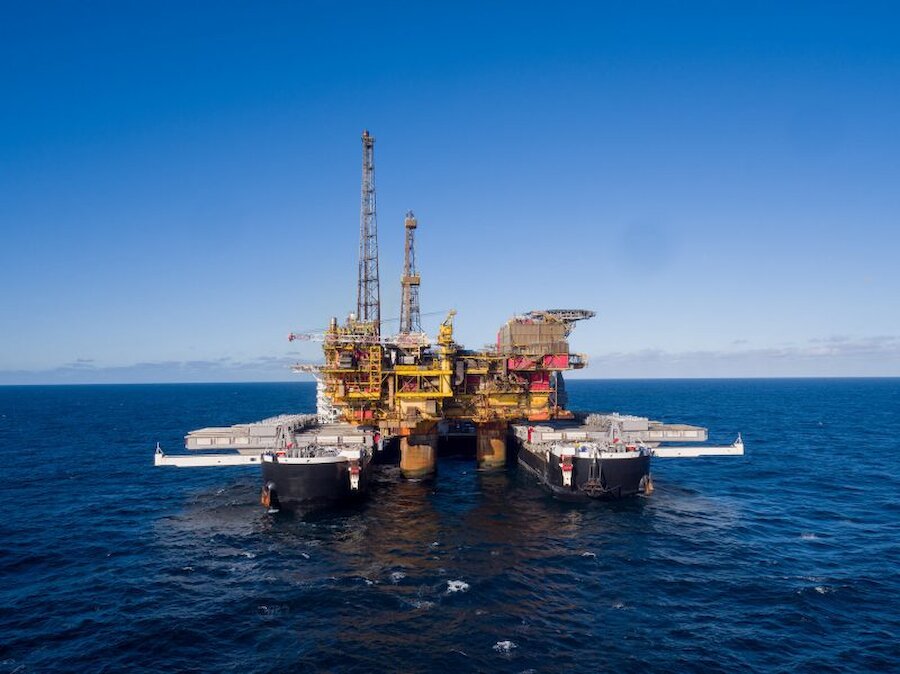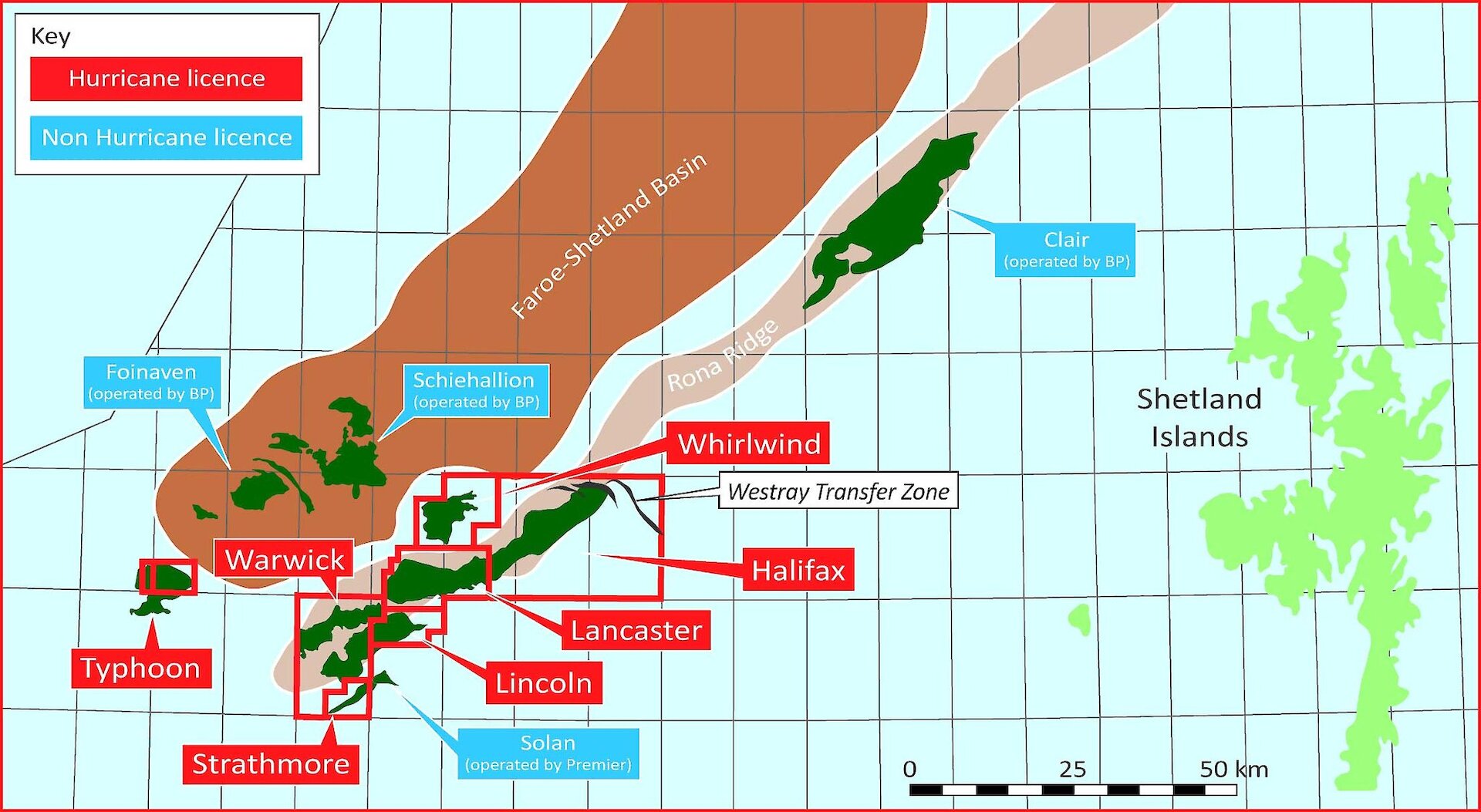The top news this month from an energy point of view has centred on two things: the end of an era in the North Sea and, potentially, the beginning of a new one in the Atlantic, west of Shetland.
In the North Sea, Shell’s continued decommissioning work on the Brent field saw the removal of the Brent Delta platform topsides, a structure the height of the London Eye which for the last 40 years has operated as a hotel for over 160 staff, a factory, and a processing plant. The deck space of the platform is almost the same size as a football pitch.
At 26,000 tonnes, this was the heaviest lift ever undertaken at sea. The extraordinary vessel Pioneering Seas, the length of six jumbo jets, took just 10 seconds to lift the platform and set off for Hartlepool, where over 97 per cent of the platform will be recycled.
Shetland, as the closest landfall for many of the offshore structures scheduled for decommissioning, will be used as an operating port for some operations and has the quayside space and facilities to carry out decommissioning work too.



